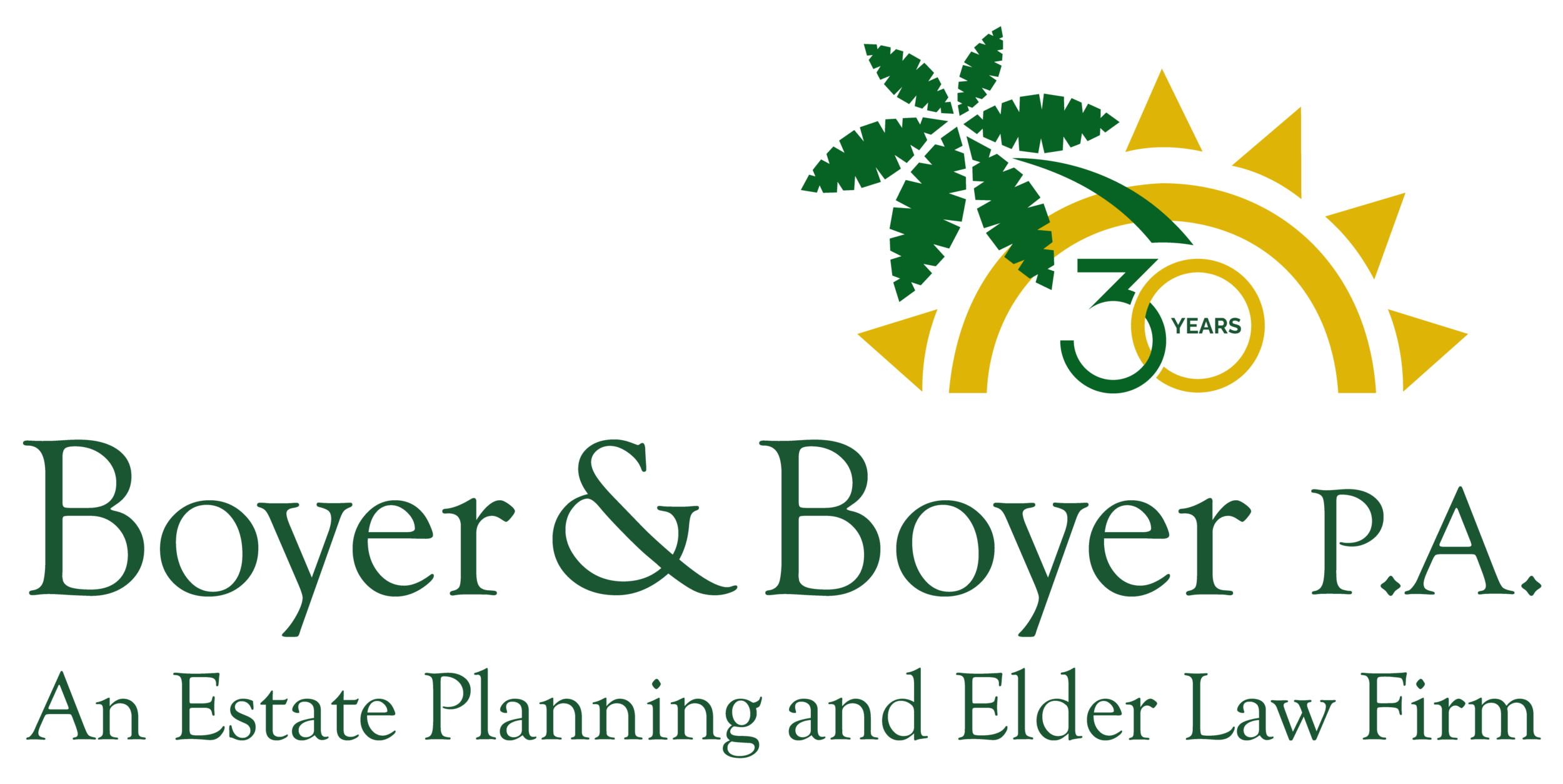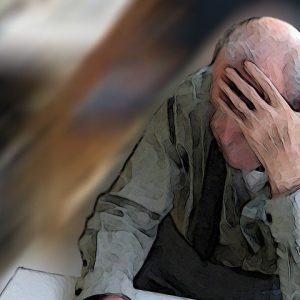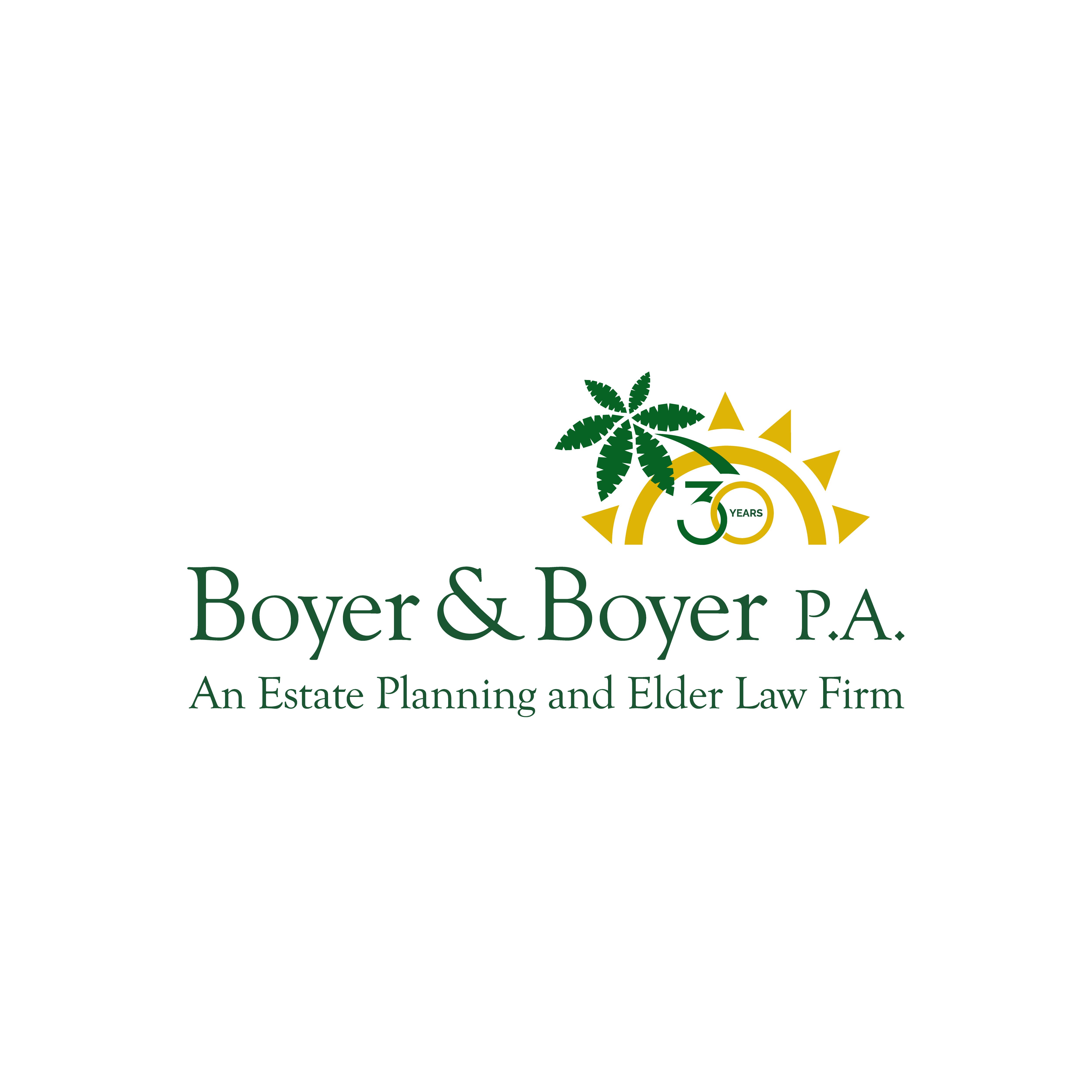Good News for Trustees, Beneficiaries of Special Needs Trusts By: Robert Fleming
By Laura Calderon
Good News for Trustees, Beneficiaries of Special Needs Trusts
By: Robert Fleming Newsletter dated February 11, 2013
Volume 20 Number 6
Last fall the Social Security Administration quietly released the text of changes to the Program Operations Manual System — the POMS. Though described as “clarifications” by Social Security, they were actually far-reaching changes that would have driven up the cost of trust administration, complicated the lives of beneficiaries and provided no additional protection for anyone involved.
Lawyers, trustees and advocates raised an outcry, and Social Security listened. Last week another set of changes was announced — this time with a little more fanfare — and the news is entirely good. For everyone.
First, a word about POMS. This little-known set of rules has far-reaching effect. It is a manual of instructions for Social Security eligibility workers, explaining how to treat all manner of documents, transactions and information obtained in the course of eligibility applications and reviews. You can look at the POMS online, but you will quickly see that it is a complicated, detailed and tightly-written set of rules.
The POMS is not law (there is an interesting question whether “POMS” should be treated as singular or plural; we opt for singular). It is not even a set of regulations governing Social Security eligibility. It has no legal force, and so one might think it is not important. Actually, it is more important than the law, at least in day-to-day decision-making. It is the document Social Security eligibility workers look to when faced with any wrinkle, confusion or question.
The changes last fall addressed several sections of the POMS dealing with how to treat expenditures from special needs trusts. Some of the changes focused on just “self-settled” special needs trusts, others included expenditures by “third-party” special needs trusts and perhaps even payments by family members or others who try to help recipients of Supplemental Security Income (SSI).
Among the changes posted last fall:
* When family members paid for items for a trust beneficiary — like medical supplies, clothing, transportation or pretty much anything else — reimbursement from a trust would be treated as income to the beneficiary, even though nothing ever went through the beneficiary’s hands or account. The same would have been true for trust payments to the family member’s credit card.
* Payments for caregiving could not be made to a family member unless the family member was certified in some way. (This change actually wouldn’t have made much difference in Arizona, since a variation of this rule is already in place for Arizona Medicaid — AHCCCS/ALTCS — recipients.)
* Travel expenditures for third persons to visit a trust beneficiary would have been prohibited in pretty much all circumstances.
What changed? Social Security initially removed the change governing travel, and then indicated that the others were under review. Reportedly the high-level reconsideration included senior staff and even out-going Social Security Commissioner Michael J. Astrue (who had already submitted his resignation from that post, to be effective February 13, 2013). Commissioner Astrue wanted the reconsideration completed before the end of his tenure, so Social Security moved very quickly to make changes.
Last week one of the reviews got completed, and the reimbursement policy changed. Not only did it change — it actually changed to make good sense. Now POMS section SI 01120.200 E.1.d, “Reimbursements to a third party,” reads:
“Reimbursements made from the trust to a third party for funds expended on behalf of the trust beneficiary are not income.
“Existing income and resource rules apply to items a trust beneficiary receives from a third party. If a trust beneficiary receives a non-cash item (other than food or shelter), it is in-kind income if the item would not be a partially or totally excluded non-liquid resource if retained into the month after the month of receipt. If a trust beneficiary receives food or shelter, it is income in the form of in-kind support and maintenance (ISM).”
Similar changes have been made in another, related section, SI 01120.201 I.1.f.
What does it mean? It means that an arrangement used by trustees all over the country, though without any specific authorization, has now been formally blessed by Social Security. It means that the trustees of special needs trusts can reimburse family members who buy clothing, bedding, diapers, supplements, medical devices, transportation services, furniture — all manner of items — without risking loss of benefits from Social Security. It means that all of those things can be done without limiting or losing benefits from AHCCCS and ALTCS (Arizona’s version of Medicaid). It means that a system that worked well, was responsible and cost-effective, is now available again to trustees, beneficiaries and family members. It means all advocates for beneficiaries of special needs trusts can smile again.
Word is that the other changes are in the works for release this week. Here’s hoping all the changes will be as thoughtful and responsive to practical realities. We’ll keep you posted.




